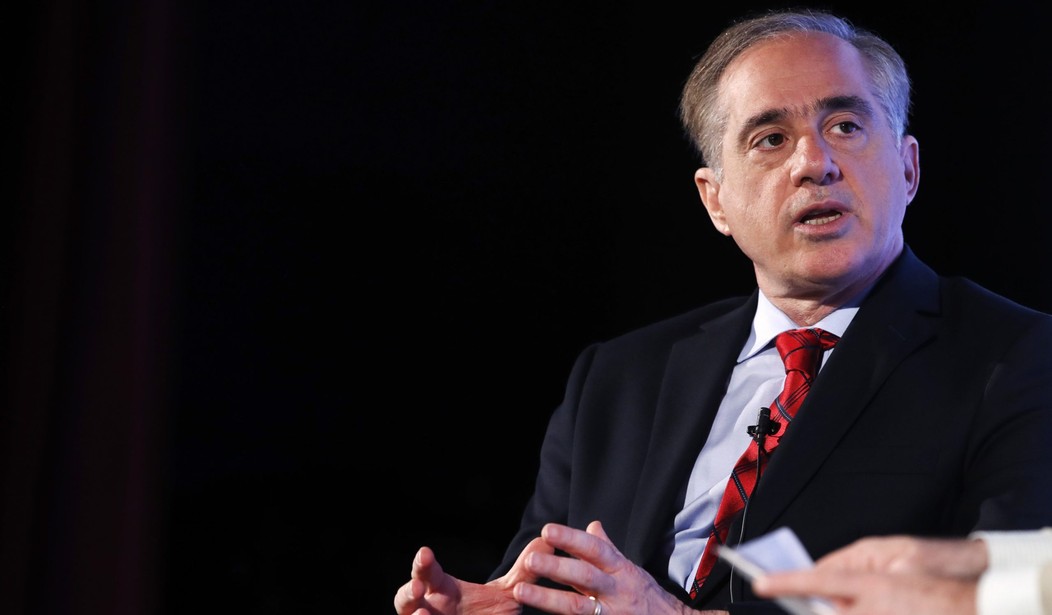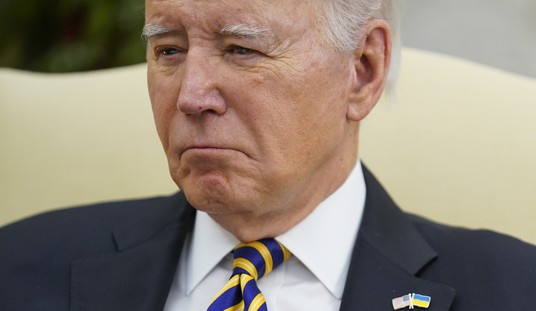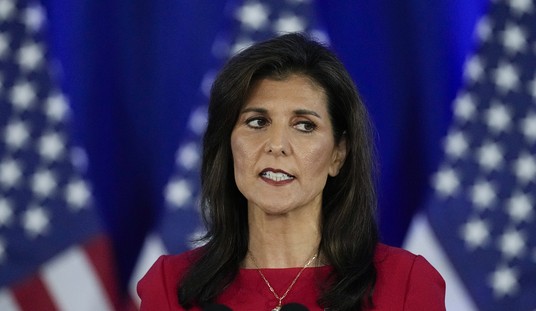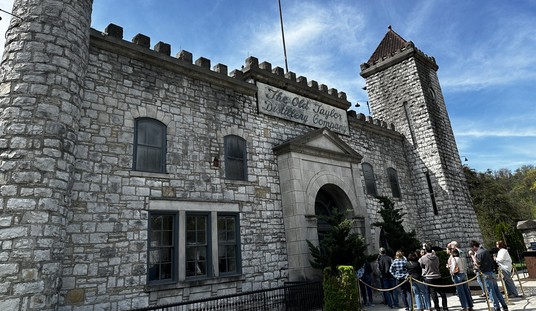WASHINGTON – Veterans Affairs Secretary David Shulkin said he is “interested” in examining data and studies on medical marijuana as a potential way to prevent veteran suicide.
Shulkin also said he is “very concerned” about the military-civilian divide in America compared to countries like Israel.
“With 0.8 percent of our population now serving, we have many, many American families who don’t even know people who have served or are currently in the military and don’t understand what I’ve had the privilege of understanding as secretary about the tremendous commitment that not only these young men and women give when they go off to serve their country, but their entire family gives when they go off to serve,” Shulkin said Friday at a George W. Bush Presidential Center event at the U.S. Chamber of Commerce.
“So, part of our responsibility at the VA and so many of our community groups is to make sure that we let people know about not only what these men and women do when they raise their hand and protect our country, but what our responsibility is as a country to them, not only when they go off to conflict but when they come back,” he added.
Shulkin cited Israel as an example of a nation where local communities better understand the sacrifices made by those who serve and the challenges they face.
“We learn a lot by looking at other countries,” he said. “I’m thinking in particular where everybody in the country serves in a country like Israel, you do not see so many of the problems when people come back with emotional or invisible wounds of war because everybody around them understands, so they have a built-in network where most families have somebody who serves. So the community understands.”
“I think what happens here is people return and, except for fellow veterans, most people around them in work and their life don’t understand what they’re going through, so I think that we have to do a much better job of getting people in the country to understand how they can support our veterans when they return,” he added.
Israeli citizens 18 years and older are required to complete two years of either military or civilian service.
Shulkin explained that the VA faces a $50 billion “capital deficit,” which he said can’t be addressed overnight. He told the audience that 450 of the VA’s buildings were built during the Revolutionary and Civil wars.
“We have 1,100 vacant and underutilized buildings and what I have said is I have a plan to essentially get rid of vacant and underutilized facilities. I want the ability to take those resources and invest them back in the VA,” he said.
Shulkin predicted an increased demand over the next 20-30 years in VA services even without a new “major conflict.”
“While the number of veterans is projected to actually decline in the next 20 to 30 years pending a new major conflict, our demand for services is expected to go up,” he said. “And so our focus is on, how do we prepare to meet that demand?”
Shulkin also said some observers could conclude that the VA must build more hospitals and long-term care facilities, but he emphasized that healthcare models are changing.
“So, we are looking at how do we actually help people remain in their homes? How do we help them stay healthy and avoid the need for complex care that takes place in hospitals and institutions?” he said. “So we’re increasingly trying to change our medical model and rely more upon technologies like Telehealth and technologies that can help people maintain their normal environments and their home environments.”
Right now, Shulkin said, the VA is only able to provide post-9/11 veterans with caregivers.
“But what we want to do is expand that so that we can provide caregiver support to those that are older, because if we can keep people healthy and safe at home that’s really the environment they want to be in and we want them to be in – and it’s also a cost-effective solution,” he said.
Shulkin said the agency’s top “clinical” priority is the prevention of veterans’ suicides. Until the VA can decrease that number or get it to zero, Shulkin said, the agency has to be “open to all sorts of new ideas” like the use of medical marijuana.
“Right now, we are prohibited by law from doing research on it or prescribing it, so this is an area where actually the states are going to be leading in this because as it is increasingly – laws are being passed at the state level to use medical marijuana we are seeing increasingly not only more clinical data coming out but we are seeing more research being done,” he said.
“So as a physician-scientist I am extremely interested in learning from that data and trying to see if this is something that could help and could help veterans,” he added. “But in this case, we are not going to be out there doing that research or prescribing these different medicinal preparations unless the law is changed.”
Shulkin joined President Trump at the White House on Friday for the signing of the Veterans Accountability and Whistleblower Protection Act, which intends to speed up the process for removal of problematic VA employees.
“I believe being able to move people out who have lost their way is going to be part of the solution in fixing the VA, and in fact without the ability to get the right people in these jobs and the right people in our leadership positions, I don’t think we are going to be able to reform the VA,” Shulkin said. “We need to make sure that everyone working in the VA is there for the right reasons.”
Former President George W. Bush praised Shulkin at the event.
“It’s really good you are here, Mr. Secretary, especially since in a couple of hours you will be across the street for a bill signing passed by Republicans and Democrats,” Bush said. “President Trump will sign the bill, which will give you some tools to reform the VA – and if anybody can reform the VA, you can. You’re a strong leader and we are lucky to have your service for our country.”








Join the conversation as a VIP Member